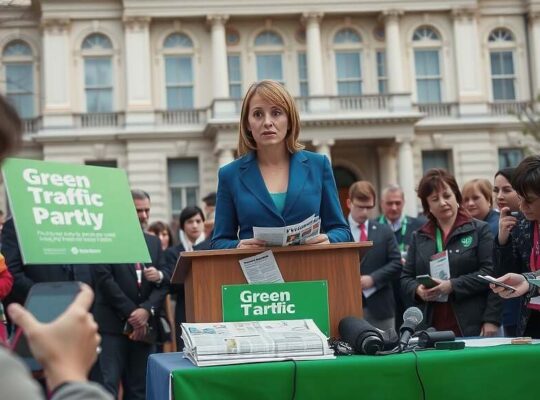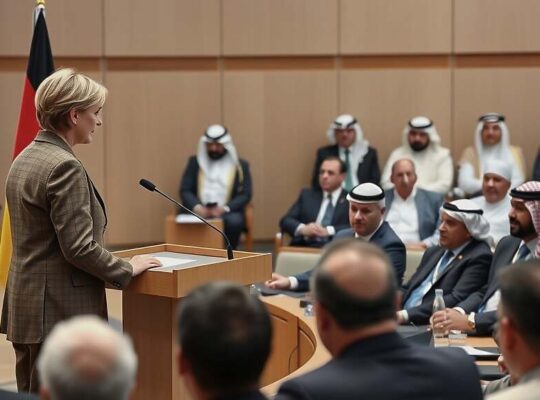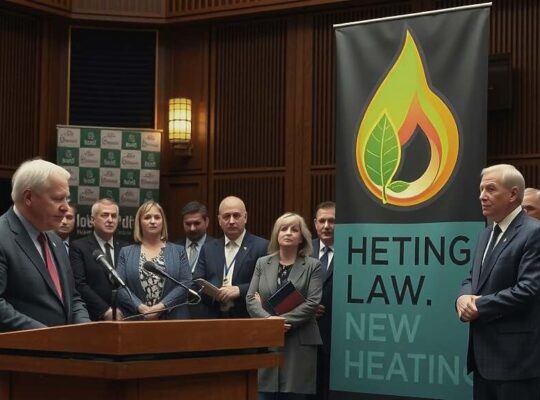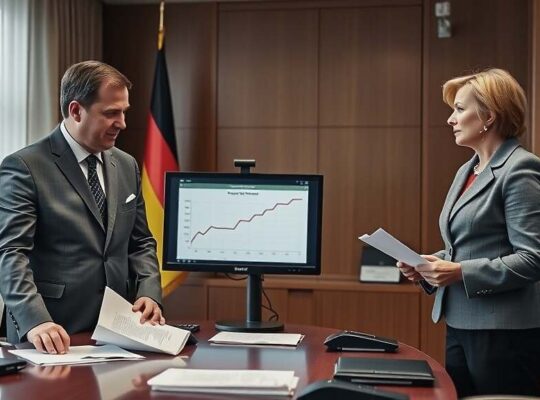A growing rift is emerging within Germany’s political landscape as state leaders push back against the EU’s planned combustion engine ban, signaling a potential showdown with the federal government and Brussels. A draft resolution, obtained by Politico, reveals a concerted effort by the 16 state premiers to secure exemptions for vehicles utilizing synthetic fuels (“E-fuels”), range extenders and plug-in hybrids beyond the currently mandated 2035 deadline.
While formally endorsing the transition to electric mobility, the state leaders argue that a rigid adherence to the combustion engine ban risks undermining the competitiveness of German industries and jeopardizing public acceptance of electric vehicles. The resolution stresses the need for the European Commission to establish “a realistic framework” that incorporates and supports alternative, climate-friendly technologies – a clear attempt to circumvent the current trajectory set by the EU.
The proposal advocates for a “dynamic and indicator-based interpretation” of fleet emission limits, explicitly warning that an inflexible ban, regardless of its feasibility, poses a significant threat to automakers and related businesses. To mitigate concerns about increased CO2 emissions from vehicles utilizing synthetic fuels post-2035, the document suggests compensating through increased quotas of low-carbon fuels – a strategy likely to face scrutiny from environmental groups.
Beyond the internal debate surrounding combustion engine technology, the state premiers are also urging the federal government to aggressively lobby for a reduction in US tariffs on European goods. Citing the importance of a level playing field within the European single market, the resolution calls for Berlin and Brussels to negotiate a substantial decrease in the current 15% tariff imposed on European exports to the United States. The governors contend these tariffs represent a considerable burden on numerous European companies and demand a more balanced trade agreement addressing steel and aluminum imports. This push highlights a growing apprehension about the ability of European firms to compete globally under the existing trade landscape and signals a desire for a more assertive negotiating stance with Washington.
The move is anticipated to intensify discussions within the governing coalition and within the European Union, testing the limits of flexibility within the ambitious climate targets and potentially influencing the shape of future trade relations.












